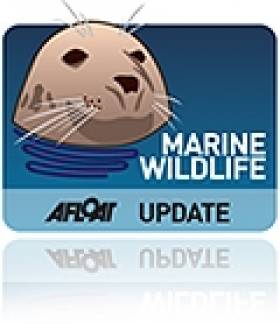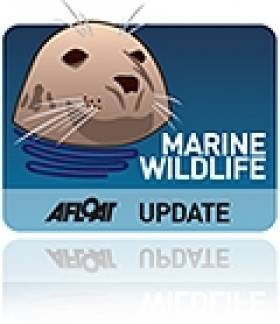Displaying items by tag: shark attack
Shark Attack Surfer Returns To Claim Victory In Same Waters
#Surfing - A year after his close call with a shark off South Africa, Irish-Australian surfing pro Mick Fanning rode the waves to victory this week at the scene of the attack.
As the Guardian reports, Fanning topped the field at the World Surfing League event at Jeffreys Bay in South Africa's Eastern Cape, where almost exactly a year ago he was knocked off his board by a shark during a contest.
Video of that incident quickly went viral online, and Fanning himself said it was a "miracle" he wasn't injured in the altercation.
Yet within days he'd already vowed to not only get back on his board - but return to the spot where his life hung in the balance.
“I’m just stoked that I actually got to come back and right the wrong," he says, "that was my whole plan, was to just to right to wrongs that happened last year. And we did that now, so we can move on.”
The Guardian has much more on the story HERE.
Shark Attack in English Channel Captured on Video
#SHARK ATTACK - The UK Sun has posted a dramatic video of the moment when two anglers in the English Channel were attacked by sharks.
Graeme Pullen and Wayne Comben had been fishing for Mako sharks to tag and release off Falmouth in Cornwall, as part of a marine wildlife conservation programme, when their 17-foot boat was suddenly surrounded by a school of blue sharks.
The three sharks were described by Pullen as being in a "frenzied state" during the three-minute assault.
“Normally they would hold back and wait to see if there was any food drifting free but these were very aggressive and just charged directly at the boat," he said.
“One of them came out of the water and launched an all-out attack on the bag of fish, biting and tearing it to pieces — it was very worrying to witness."
Pullen concurred with experts' belief that such sharks are coming closer to land to hunt as overfishing in the Atlantic has all but wiped out their food supply.
Surfer Attacked By Shark - And Lives to Tell the Tale
#MARINE WILDLIFE - A Sligo-based surfer has relived the moment when he was attacked by a shark in his native New Zealand.
As the Otago Daily Times reports, 42-year-old Peter Garrett was surfing off Taranaki on North Island on Tuesday when the shark mauled him, leaving 10 bloody wounds - each about 2cm deep - with its razor-sharp teeth.
"He was bleeding quite a bit," said James Bruce, one of two vets surfing in the area who came to his aid. "You could tell from the teeth marks it could've been more serious."
Speaking to the Irish Independent from New Zealand, Garrett said he was knee-boarding at the time when he felt a bump to the board and a sudden sharp pain in his leg.
"I looked down and there was a shark on my leg and I sort of yelled obscenities at it... But it came back and I kicked at it with my flippers."
New Zealand has a relatively high incidence of unprovoked shark attacks, with some 44 on record since the mid 19th century - compared to 39 for the whole of Europe.
The Irish Independent has more on the story, including photos, HERE.































































